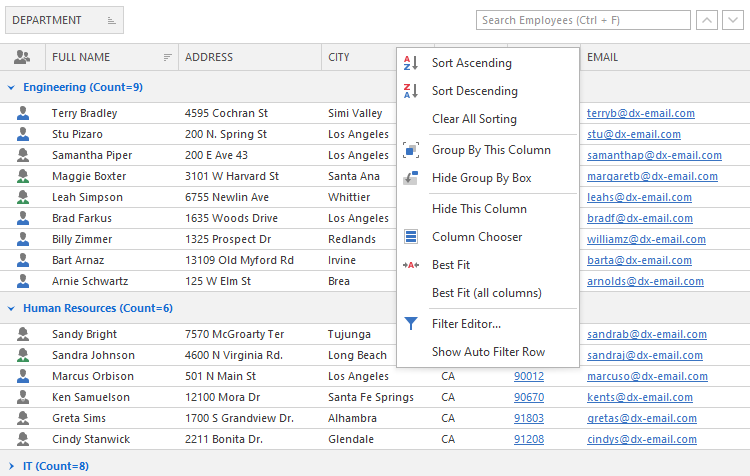

When the header is in memory, Unity then streams the binary data from the.

At build time, Unity writes both the header and the binary data for the mesh or texture to the same.

In the asynchronous upload pipeline, Unity must load only the header data in a single frame, and it can stream the binary data to the GPU over subsequent frames. In the synchronous upload pipeline, Unity must load both the metadata (header data) and the texel or vertex data (binary data) for the texture or mesh in a single frame. The main difference between the synchronous and asynchronous upload pipelines is where Unity saves the data at build time, which affects how Unity loads it at runtime. If a texture or mesh is ineligible for the asynchronous upload pipeline, Unity uses the synchronous upload pipeline automatically. If a texture or mesh is eligible for the asynchronous upload pipeline, Unity uses the asynchronous upload pipeline automatically. When Unity uses the asynchronous upload pipeline, it can perform other tasks while it loads and uploads the data in the background. This can cause visible pauses in your application. When Unity uses the synchronous upload pipeline, it cannot perform other tasks while it loads and uploads the data. These two processes are called the synchronous upload pipeline and the asynchronous upload pipeline. More info See in Glossary data from disk and upload it to the GPU in two different ways: synchronously or asynchronously. Nurbs, Nurms, Subdiv surfaces must be converted to polygons. Unity supports triangulated or Quadrangulated polygon meshes. Meshes make up a large part of your 3D worlds. Unity can load texture and mesh The main graphics primitive of Unity.


 0 kommentar(er)
0 kommentar(er)
